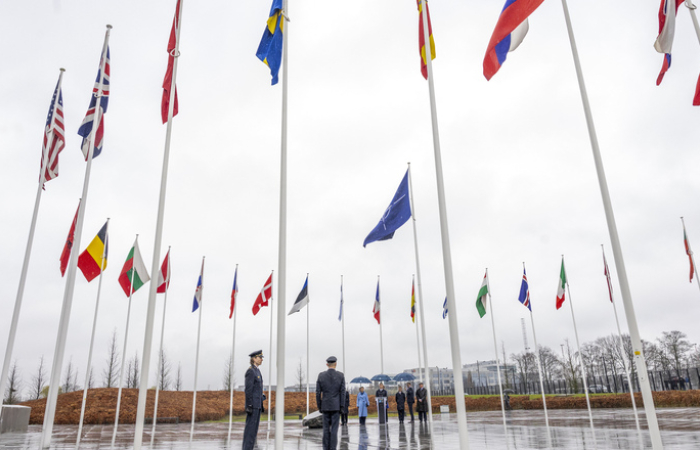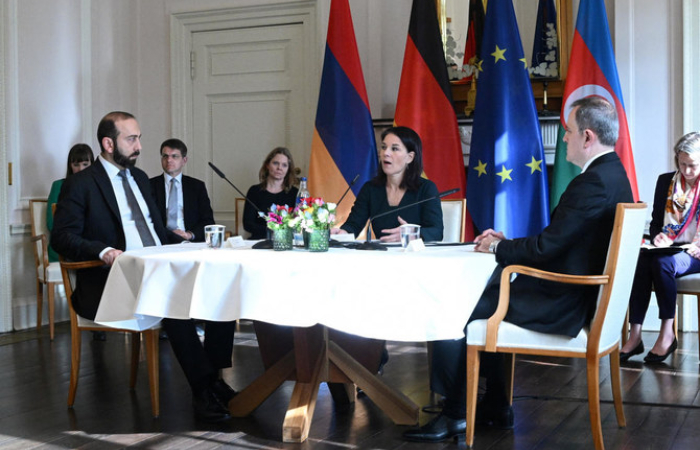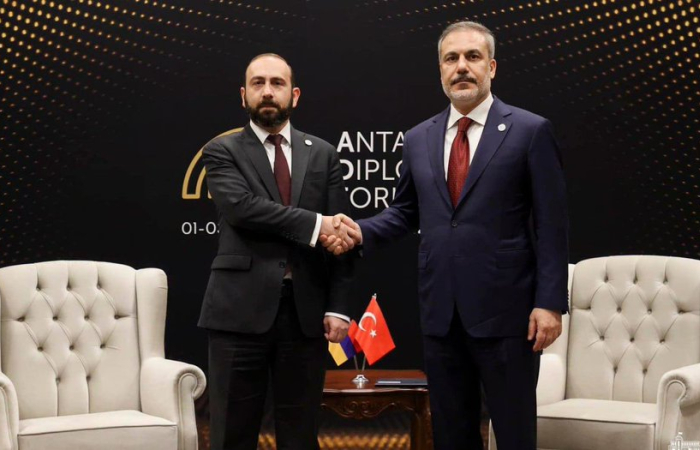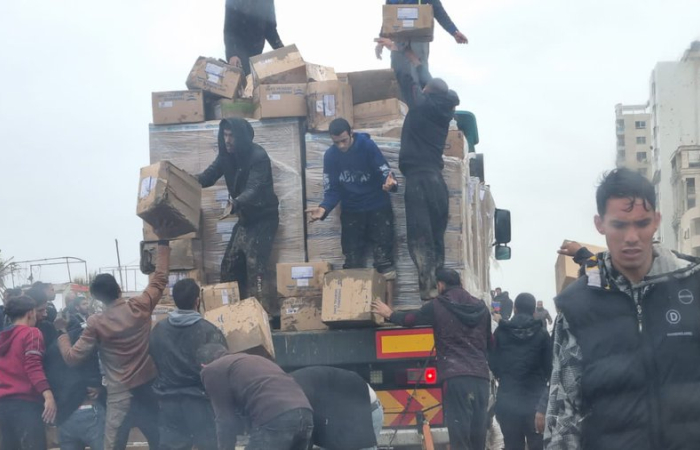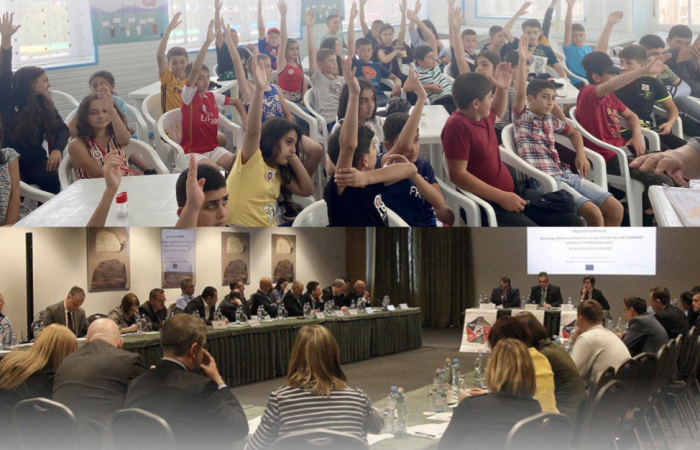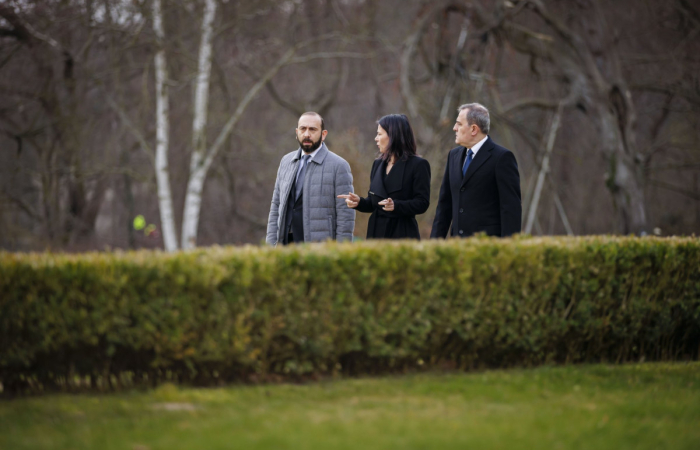Trending
Swedish flag flies at NATO headquarters
11 March 2024
The Swedish flag was raised at NATO Headquarters for the first time on Monday (11 March) in a ceremony to mark the country’s membership of the Alliance. Sweden became NATO’s 32nd Ally on 7 March upon depositing its instrument of accession to the North Atlantic Treaty with the United States government in Washington D.C.
NATO's Secretary General, Jens Stoltenberg, welcomed Prime Minister Ulf Kristersson to NATO Headquarters for a flag-raising ceremony to mark Sweden’s accession. Speaking ahead of the ceremony, the Secretary General thanked Prime Minister Kristersson for his strong personal leadership and commitment to leading Sweden into NATO. He said: “Sweden has taken its rightful place at NATO’s table under the shield of Article 5 protection – the ultimate guarantee of our freedom and security. All for one and one for all.”
Sweden’s flag was hoisted to join the flags of the other 31 Allies, as the Swedish national anthem and the NATO hymn were played. Flag-raising ceremonies took place simultaneously at Allied Command Operations (SHAPE) in Mons (Belgium) and Allied Command Transformation in Norfolk, Virginia (United States). Standing alongside Prime Minister Kristersson, the Secretary General said: “Sweden’s accession shows again that NATO’s door remains open. No one can close it. Every nation has the right to choose its own path, and we all choose the path of freedom and democracy.”
Noting that NATO will mark its 75th anniversary this year, Mr Stoltenberg underlined that the transatlantic bond between Europe and North America has ensured our freedom and security. Sweden will help to build an even stronger NATO at a critical time for Euro-Atlantic security, he said, adding that “joining NATO is good for Sweden, good for stability in the North, and good for the security of our whole Alliance.”



